#fukuyama mai
Text

SP@WNFOXY
33 notes
·
View notes
Text
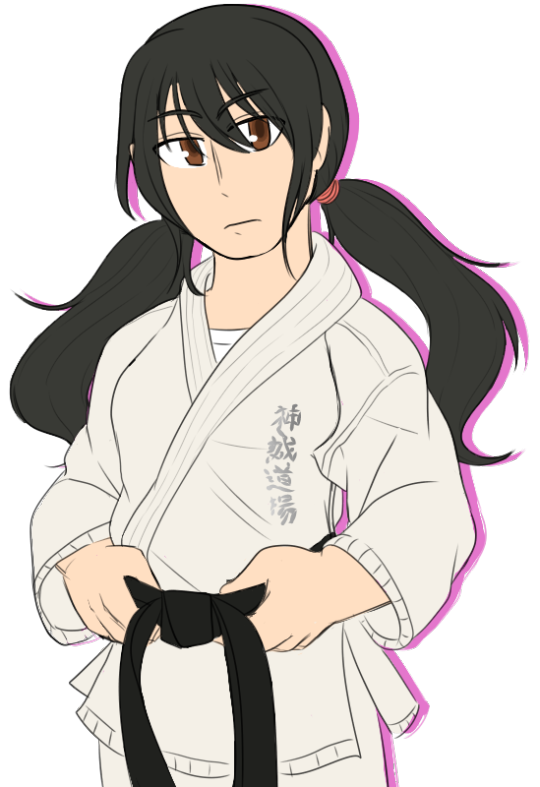

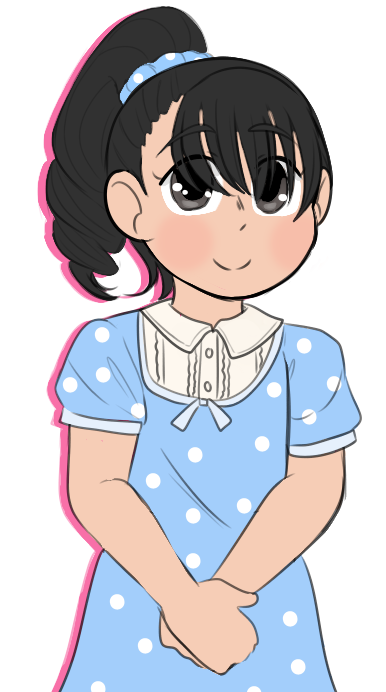
more imas redraws! i started off with new gen but afterwards i've been going in the order they appear in the producer notes in-game :)
#idolmaster#idolm@ster cinderella girls#idolmaster cinderella girls#idolmaster fanart#cinderella girls#im@s#imas#mai fukuyama#fukuyama mai#yukari mizumoto#mizumoto yukari#nakano yuka#yuka nakano
18 notes
·
View notes
Text

2 DAYS LEFT to Starlight Stage’s 8th Anniversary
featuring U149 (Kozue Yusa, Yukimi Sajo, Mai Fukuyama, Chika Yokoyama) by Cygames Pictures Staff
#deresute campaign#anniversary campaign#kozue yusa#yusa kozue#yukimi sajo#sajo yukimi#mai fukuyama#fukuyama mai#chika yokoyama#yokoyama chika
16 notes
·
View notes
Text

#tv shows#tv series#polls#assassination classroom#jun fukuyama#mai fuchigami#nobuhiko okamoto#2010s series#japanese series#have you seen this series poll
78 notes
·
View notes
Text
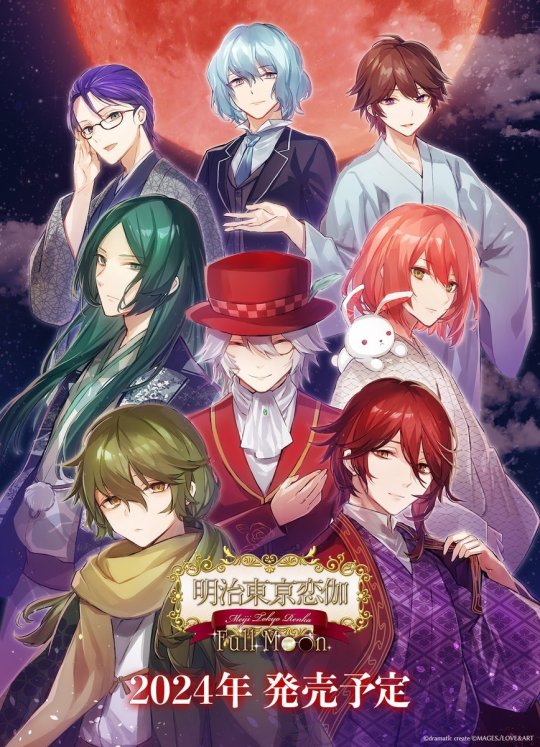
Meiji Tokyo Renka: Full Moon will be out on Switch and Steam 10/3/2024!!
#may 2023#otome#english otome#seiyuu#morikawa toshiyuki#fukuyama jun#meiji tokyo renka#kenn#hosoya yoshimasa#okamoto nobuhiko#toriumi kousuke#tachibana shinnosuke#namikawa daisuke#cant wait#i need to rewatch the anime#meiji tokyo renka full moon
21 notes
·
View notes
Text



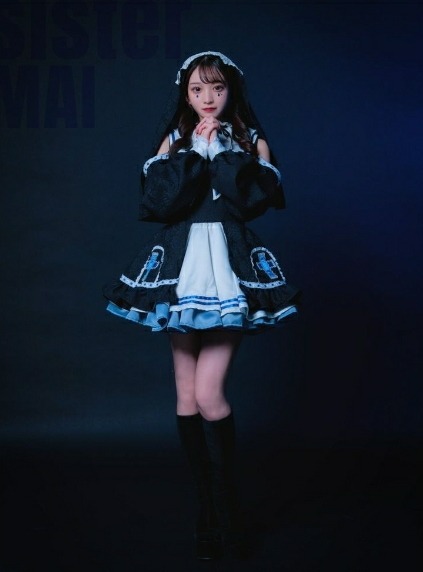

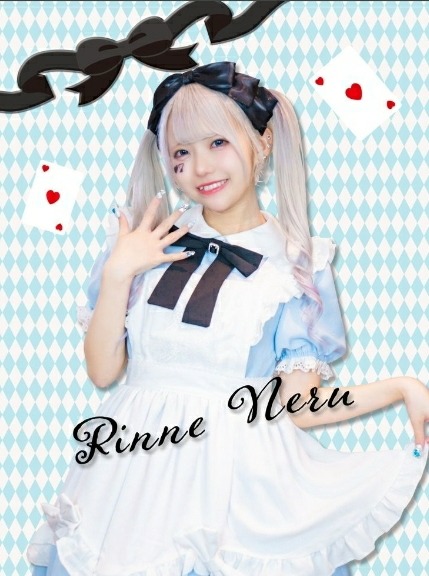


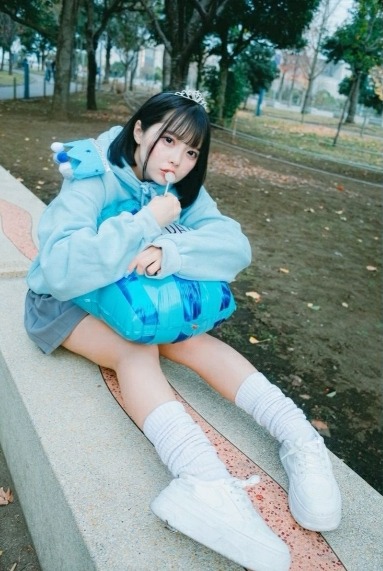

everything is blue . . .
Seren Hoshimi (misolade-edison)
Moa Kikuchi / Moametal (BABYMETAL)
Mai Hanase (iLiFE!)
Nano Suzume (iLiFE!)
Rinne Neru (NANIMONO)
Touma Mifuyu (NANIMONO)
Mizuki Kirihara (CANDY TUNE)
Rino Fukuyama (CANDY TUNE)
#blue#moodboard#misolade edison#seren hoshimi#babymetal#moametal#moa kikuchi#dancing princess :: moa ☆#ilife!#ilife#mai hanase#nano suzume#nanimono#rinne neru#touma mifuyu#candy tune#mizuki kirihara#rino fukuyama#<333#blueberri babs...
14 notes
·
View notes
Text
DAY 49

Today's character is Mai Fukuyama! Mai is quite young but pretty mature and responsible, as well as friendly. She used to be a child actress and became an idol from her mother's encouragement.
FUN FACT: Some fans might think that Mai is based on actress/singer/model Haruka Fukuhara
this drawing came out cute i think. i realize that i accidentally turned her shirt into a sweater-cardigan type thing by accident though lol
bye!
bonus images










#mai fukuyama#cinderella girls#シンデレラガールズ#idolm@ster#idolm@ster cinderella girls#アイドルマスターシンデレラガールズ#福山舞
3 notes
·
View notes
Text
Happy Birthday, Mai Fukuyama, Kumiko Matsuyama, and Takane Shijou! (Cinderella Girls)



1 note
·
View note
Text

THE THRILLING AND NOT AT ALL REPETITIVE ADVENTURES OF CAPTAIN MAN AND KID DANGER: “A CHRONOLOGY OF ENTIRELY TRUE AND HEROIC EVENTS COINCIDING WITH THE END OF HISTORY” [1] [2] [3]
Henry Hart returns from Dystopia. He grew up and his hair grew back out, but it’ll take more time to get refamiliarized with the mundane.

[ Henry’s figure is ominously silhouetted, staring at Ray with the whites of his eyes and a glare of light where his heart should be. Ray smiles invitingly, and stands with his hands on his waist, wearing only a towel. A laundry basket sits next to him. Posters are mounted on the wall to his back, including Captain Man merchandise, motivational material, and a reference to The End of History and the Last Man. ]
Following the resolution of the Cold War, Francis Fukuyama argued in his 1992 political novel The End of History and the Last Man that global democratization and the expansion of Western, liberal values would bring about a post-war, post-development society. Democratization was the process in which civilization reached its final form; it would mark not only the end of communism, but the end of history. No more glorious revolution. No more hunger. The world could remain where it was. Fukuyama was, of course, wrong.
To be a hero is to know: there will be no end of history. You may hope for one, but you act as if it will never come, because it won’t. Otherwise, what is the point? There will be crime, and war, and hurt children. No amount of blood or money can save us for-ever. Your symbols cannot finish what has been started, but they can keep you alive until then; when you fight for long enough, it is hard to return to the repetitive things:
To living with people again.
To walking in the daylight without flinching, and, most importantly—
To laundry.
#henry danger#henry hart#ray manchester#henray#dangerverse#my art#pov: you’re back from the most dangerous place you’ve ever been which is basically overseas chicago and now you have ptsd and are#now disconnected from the mundane and domestic aspects of your former life. and your former idol mentor partner aspiration hero ruiner of#of your life is your roommate#which is fine! it is fine#Jasper and Charlotte and Piper are also included but just not in these panels. they exist somewhere. maybe I’ll end up finishing them#also pov: if they gave me a contract and said ok now do smt. this is what it would look like in a feverish haste#also I think I have a problem like this is such an obscure hyperfixation I’ve developed and now I’m insane
58 notes
·
View notes
Text
At times in the writing of wine history, wine itself has been treated as a historical actor. This is the case in many of the sweeping histories of wine, such as Hugh Johnson’s original Vintage: The Story of Wine, Paul Lukacs’s recent Inventing Wine, John Varriano’s Wine: A Cultural History, or Marc Millon’s Wine: A Global History. These lucid and entertaining histories, written by great narrators with serious wine expertise, follow a similar narrative arc. Wine is the central protagonist, the potable Zelig, popping up in different historical moments in different parts of the world. The story begins in the Fertile Crescent, where Wine is born, or in the ancient Mediterranean, where Wine enters a boisterous adolescence in the symposia and bacchanalia of the ancient Greeks. The reader is invited to pause and appreciate the wine-themed mosaic and shards of amphorae. The story then skips a few centuries and a few hundred miles, to medieval Europe (we are left to wonder what Wine has done in between), where Wine joins forces with powerful and institutionalized Christianity and canny monks create a patchwork of orderly clos on the Côte d’Or: bless them! Wine remains in France, or perhaps summers in Germany, and Bordeaux emerges in the seventeenth century, eventually finding its way to Britain (we are treated to a Samuel Johnson quote, or Pepys). Port and sherry have their seafaring adventures. The nineteenth century opens with Champagne surviving war, producing widows and conquering Russian markets; France produces Pasteur, who produces better wine, a triumph of science and the Enlightenment; wine is enjoying its golden years. Then, three-quarters of the way through this drama, tragedy strikes, in the form of the vine disease phylloxera. Wine is dealt a staggering blow and its very survival is threatened. Fortunately, a new world of scientists, mavericks, and neoliberal entrepreneurs emerge: capital is found, the plucky New World steps in to help, and new vines are grafted. Wine is saved! This cannot be criticized as being a Eurocentric narrative, because the tale concludes in California, or Uruguay, or China. Undeniably, at the conclusion of this story there is incredible momentum and optimism. Global wine production is the highest it has ever been, consumption of wine is high, and wine is (relatively) cheap. Were he a wine historian, Francis Fukuyama would declare it the end of wine history.
This hagiography of Wine is a great read: a mouth-watering tale of high drama, blind monks, and supple tannins. And it is not necessarily inaccurate. But it is, on the other hand, what British historians have called a Whiggish narrative: one that presumes continual progress, culminating in the current era, which is assumed to be the best ever. This Whiggishness may overlook some of the current difficulties in the market, or shrug off past problems in the wine industry, since all ended well. Geographically and chronologically it is uneven, such that the producers studied here generally do not merit inclusion until they have become major global actors. This type of narrative structure is what gives the false impression that South Africa produced a great wine called Constantia in the eighteenth century, and then produced nothing again until 1994. The place of Wine as the embattled protagonist who overcomes many hardships (vine diseases, consumer apathy, high taxation) and emerges triumphant and affordable in the late twentieth century, is also what is known in Marxist terms as “commodity fetishism.” As Bruce Robbins has argued, in the new commodity histories, “each commodity takes its turn as the star of capitalism.” The commodity itself, rather than the social and economic relationships that led to its production, becomes the driving force of the narrative.
Jennifer Regan-Lefebvre, Imperial Wine: How the Empire Made Wine's New World
44 notes
·
View notes
Text
one of my favorite moments in dorohedoro is spell 138, a chapter focusing only on restaurant tanba's staff and asuka being fed and cared for by kirion while it rains in the sorcerer's world. there's a montage of kirion getting food, cooking, and then helping feed fukuyama, tanba, and asuka, before tanba brings up that it's rain from the hole:

kirion immediately stiffens; no one knows that they're a human, trafficked to the sorcerer's world to be used as practice, only surviving because they ran away and stumbled upon tanba and his shop.


kirion is forced to confront the fact that the people that they've been living with, have grown to care for (minus asuka lol), and are Actively Nursing Back To Health Right At This Moment may not even consider theirs' a life worth living. if tanba or fukuyama found out what kirion really is, they could harm or kill them! its scary and anxiety-inducing, but then . . .



this happens. tanba admits to never having practiced on humans, leading fukuyama (and asuka) to admit the same thing. to them, it's probably not that big of a deal, but they have no idea how strongly this affects kirion; they no longer have to hide a core aspect of their identity for fear of violence or rejection. if and when kirion decides to tell tanba and fukuyama that they're human, they know that they'll still be safe and cared for, regardless. ultimately, this relief(?) is what allows kirion to make one of the most important decision in the manga, a decision that will allow their friends to live:


it's not a coincidence that almost all of the most important players at this point in the story are those at the fringes of society: kirion, a human living in the sorcerer's world; nikaido, a sorcerer who tried to become a human turning devil; asu, a devil-turned-sorcerer for betraying chidaruma; shin, a half-human half-sorcerer; caiman . . . i could go on! yeah, dorohedoro is a story about class warfare and resentment, but it is also a story about how friendship and solidarity can save you. things turn out the way they do, because all of these people, who, for a Lot of the story before this point, were considered 'weak' or 'useless,' use their unique abilities and act to create a better world.
#they/them pronouns for kirion bc the manga switches constantly btwn he/him and she/her and i uhhh dont know what to do w that lolllllll#L.txt#dorohedoro#dorohedoro meta#long post
18 notes
·
View notes
Text


[01/21] HAPPY BIRTHDAY MAI FUKUYAMA!
Voice Provider: currently unavailable
4 notes
·
View notes
Text
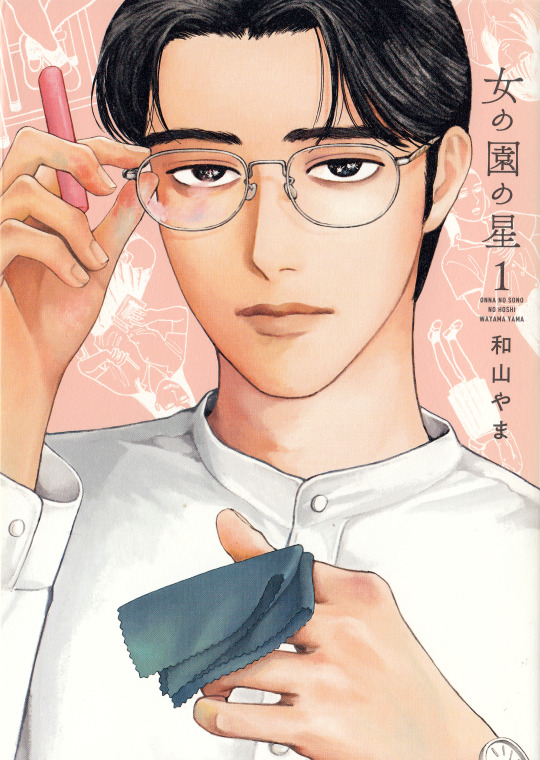
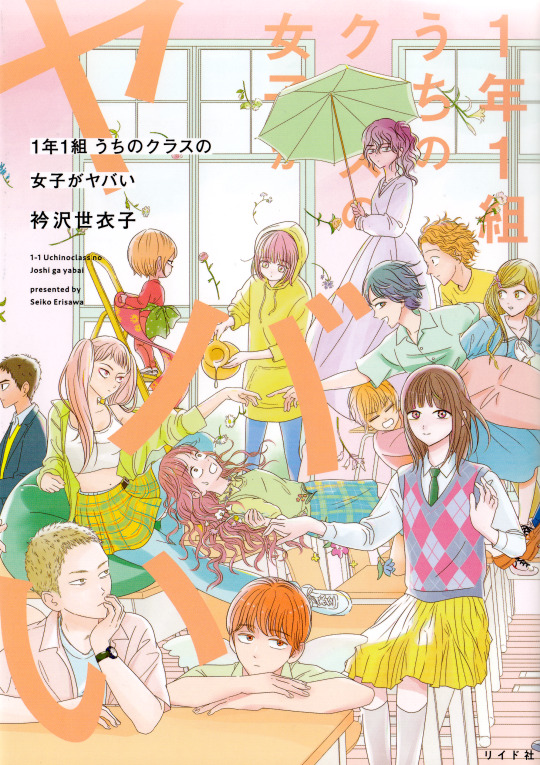
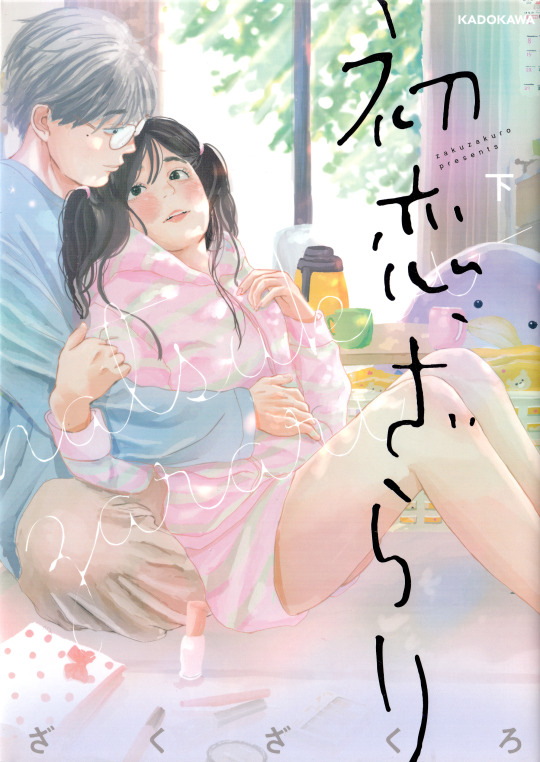


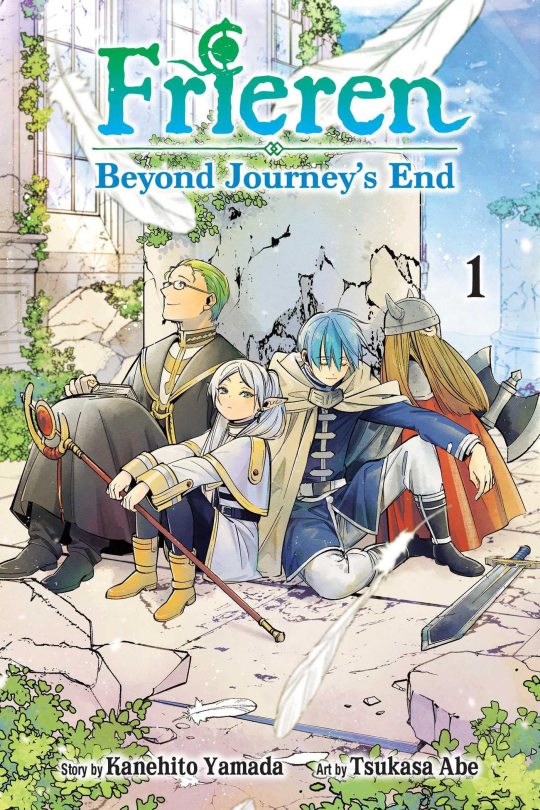
My Favorite Manga in 2023: Part 2
Like in part 1 I will skip the titles I already covered in previous roundups.
女の園の星 (Onna no Sono no Hoshi), Yama Wayama
初恋、ざらり (Hatsukoi, Zarari), Zaku Zakuro
うちのクラスの女子がヤバい (Uchi no Class no Joshi ga Yabai), Seiko Erisawa [Ichi-nen Ichi-gumi omnibus edition]
インターネット・ラヴ! (Internet Love!), Kiko Urino
レイニー通りの虹 (Rainy Doori no Niji), Keiko Fukuyama
葬送のフリーレン (Frieren: Beyond Journey's End), Kanehito Yamada & Tsukasa Abe
Yama Wayama appears to be on a continuous upwards trajectory as the manga comedienne of the reiwa era which I got to confirm for myself with the hit Onna no Sono no Hoshi. The episodic comedy about a teacher daily terrorized by his students and coworker. And with the scanlation well on its way I just want to say please experience it for yourself.
Uchi no Class no Joshi ga Yabai I had eyed ever since I started learning Japanese and the new omnibus that coincided with the ongoing sequel series gave me a great reason to finally pick it up. Box of Light by the same author was on my list last year and I not only liked the premise of it but also loved the anthology format of the story. For similar reason I really liked Uchi no Class: In the world of the series high school aged girls may experience the activation of powers.... that are completely useless and troublesome. We follow the students of year one class one, a class infamous for always having the highest concentration of useless powers. Dreams projected into the sky, X-ray vision that turn everyone around you into terrifying anatomy models is only the tip of the iceberg.
I can't resist a gimmick premise done successfully and the variation of characters and powers kept the premise fresh like older characters who haven't yet "grown out" of their powers or a trans girl storyline.
Hatsukoi, Zarari follows the young woman Arisa diagnosed with a light intellectual disability and autism. Living between jobs and having a hard time turning down men who only want to have sex she has always struggled with her own self worth. This is until she falls in love with an older coworker who is charmed by her personality and quirks. But will things change if she opens up about her diagnoses?
Zaku Zakuro has made manga and shared online about living with ADHD and asperger syndrome, giving this story a very personal and different perspective focusing especially on how stigma around developmental disabilities can be what causes the most friction and pain.
Internet Love! is a love story for the social media age with a budding romance that goes across borders. Bisexual nail artist Tenma has for years been a fan of a completely ordinary man from Korea named Uno who appears to be addicted to posting his life on instagram, daily filling up his story until the posts are lined up like dots. Thinking he held nothing but a healthy distance of "standom" for Uno, but he instead hits rock bottom when his insta favorite posts a girlfriend reveal. Tenma no longer able to bring himself to open the daily insta stories sinks into a depression, but Uno takes note that a certain someone stopped checking up on him...
I was instantly charmed by this and was especially taken by how their clumsy attempts at communication without being able to speak each others language or no lingua franca was portrayed and the personal styles and fashions of the characters I just adored the whole thing.
31 notes
·
View notes
Text

Another Brilliant Hotels event!! I feel like it's been awhile since I've seen them!
#may 2024#twitter#brilliant hotels#ririhote#seiyuu#hirakawa daisuke#morikubou shoutarou#fukuyama jun#shimono hiro#aoi shouta#hirarin#shou-chan#fukujun#shimonu#i kinda forgot that hirarin did this with the hilton haha#its been like a year or so since the last live reading
3 notes
·
View notes
Text
Something I struggle a bit with a sort of disconnect with the current leaders of "professional-quality anime discourse". We live in the sakuga era, where groups like Sakugabooru & Full Frontal Moe are doing really stellar work on peering behind the curtain at the realities of anime productions. They aim to give you the "animators look" at how it all happens, what people are thinking, what studio conditions are, the works. They command the heights from a respect standpoint in my opinion right now, and sort of "drive" analytical discourse.
But they aren't really what I find interesting. I love and need a ton of their work, but in the end the sakuga era is the animator's era; it centers anime-as-art, the people who create, their techniques, etc. That isn't actually my thing! I care about cultural history & casual history, "otaku studies", and consumers of media always outnumber producers of media a hundred to one. They of course exist symbiotically with each other, but the creators side is only ever going to be a part of that. And its not the load-bearing part of questions around why this or that media product succeeded, what it meant to audiences, how it reflects people's relationship with individual media & wider identity norms, etc.
And ironically I think the "peak" of this discourse in western spaces is coinciding with its decline in relevance in Japanese spaces. This is a whole other topic but in earlier eras the telos of technological progress, its intensity and directionality, created a parallel momentum in cultural identity - "new, better anime" seemed always around the corner and people responded to that via identity formation around the momentum. But now, even though technical improvements occur, from an audience perspective the telos is gone. Audiences would actually get a bit wrapped up in things like the digital revolution back then - now its more like trivia, it doesn't shape as much.
There is of course people out there who touch on the cultural & historical topics, I'm no island or anything. But its very diffuse, and other sections of the discourse space are struggling. Great YouTubers exist but imo overall this is not a great time for AniTube, the intensification & legibility of financial success has not inspired that kind of work. Obviously the blogosphere is bleeding heavily. Academic works have gems in there but media studies as a discipline is shackled with awful theoretical concepts and compositional norms, its like pulling teeth with their output every time. And also are generally interested in western fandoms as befitting western academics (and while I do use Japanese academic papers sometimes, the legibility barrier is...its tough).
Beyond just "feeling alone" its an issue because right now I am quite demotivated on this area; I feel in-between ideas, with any potential project seeming dim in its payoff. The default source of inspiration normally is the works of others! Every time I get politics-burned at some point someone else puts out a really good analysis, or even just a good question. Proposing good questions is underrated, its the fuel that powers research. Not to mention "shit keeps happening", you know? Fukuyama may hold an iron grip on the ruleset still but within his bounds the game keeps on playing, which results in flurries of activity that are inspiring. I really lack that for media discourse stuff right now. I can't remember the last time I read a work that I loved. Liked, yes, sure. But you don't get out of ruts with a like.
80% of this is explained by "I am going through a depression episode" lol don't worry I'm not an idiot. But hey, what is Tumblr for if not to rant...
23 notes
·
View notes

